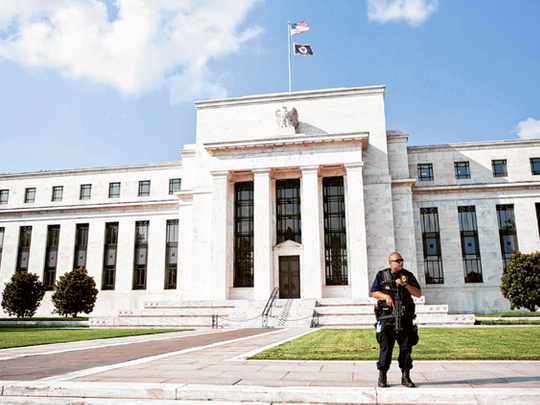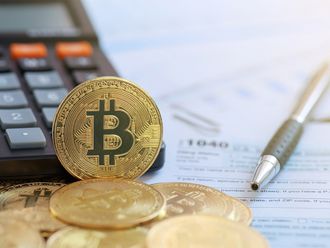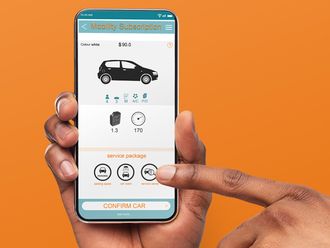
Over the last three years the world of finance and business has undergone a great deal of change.
Banks and financial institutions, which used to offer loan promotions to get rid of their excess liquidity, are now looking hard to boost their cash reserves. They are only interested in those depositors who have cash in their case.
But where are those with cash in Europe? A look at their financial situation at the moment is reminiscent of a Somali desert.
The comparison between Europe and Somalia is, in fact, fairly apt. Europe's issues with cash liquidity are very similar to those of Somalia with regard to drought, especially after Greece withdrew cash assets from the Germans and the French through loans and finance.
Then there are the successive bailout plans which have not yet yielded any positive results in a country where people prefer to protest in the streets instead of going to work and being productive to save their economy from potential collapse.
Meanwhile, in the United States, the status of liquidity very much resembles the dry face of an old man that is void of life. This despite the fact that the Federal Reserve has so far injected $2.35 trillion (Dh8.63 trillion) into the economy since the beginning of the global financial crisis.
No sound foundation
The money injection is part of the so-called quantitative easing, and it failed because it is basically printing money without sound financial foundations.
Day after day, the world economic order gains a parasitic character that makes it depend on quick speculation and financial transactions. This parasitic character was referred to in the 19th century by some philosophers and intellectuals during their search for the nature of the development of economic relations within the industrial and capitalist society.
This level of analysis, and the relationships between methods of production, would certainly be welcome today.
The solution to the problems faced in the West does not lie in the search for liquidity, but in the need to change the nature of the relationship between all parts of the production process.
This can only be done by providing the minimum level of justice and the utilisation of technology in developing production sectors. Unfortunately it seems that things are not going in this direction. Financial capital, allied with influential circles, is trying to improve cash liquidity that allows for recirculation of the capital, so as to achieve quick profits.
Since Western financial institutions almost dried up and lost the ability to play the same role they played during the global financial crisis, the markets of emerging countries and those of oil-exporting countries are the focus of the world's attention. The sovereign funds of emerging countries, including those of the Gulf region, are at the forefront of efforts to supply global markets with some cash to revive Western institutions.
This is why the Bank of America is trying to sell a stake of $17 billion to Gulf sovereign funds after it decided to slash 30,000 jobs in order to save $5 billion a year.
It is necessary for GCC funds to be cautious when dealing with this offer. They need to learn from the tough experience in buying Citibank's stake.
In contrast to the period before the crisis, there is a diversity of options for sovereign funds in the world, including promising opportunities in emerging countries.
This explains the increase in foreign investments in China, India, Turkey, Brazil and Russia.
High growth rates
It is more likely that the emerging economies will be favourable investment destinations as they continue to achieve high growth rates and also due to their reliance on productive sectors.
And if the sovereign funds manage to choose the right option, away from the temptations of windfalls and quick profits, they will strengthen their position and will make up for the book losses they suffered during the crisis.
They also have the potential to take over reputed financial institutions in the West and invest in promising institutions in the East.
Dr Mohammad Al Asoomi is a UAE economic expert.












